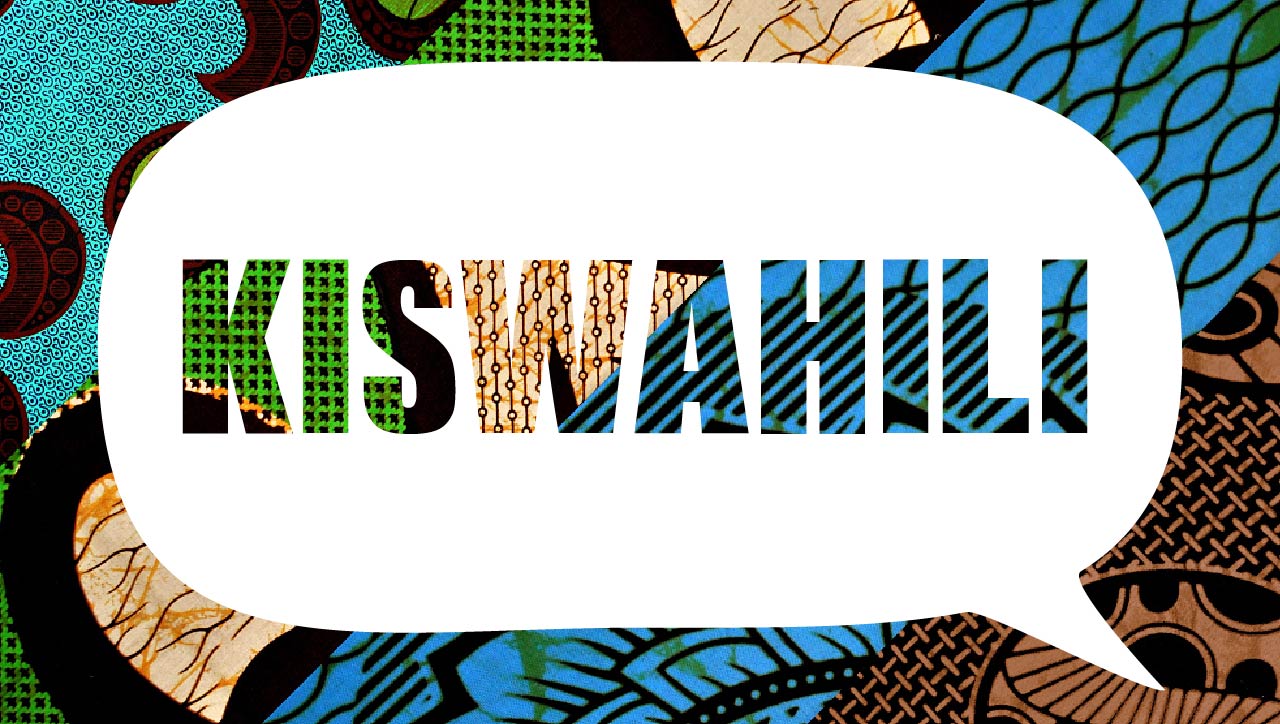
World marks Kiswahili language day
Swahili is a mixture of languages from different countries and takes 40 percent of its vocabulary from Arabic. It was initially spread by Arab traders along the eastern coast of Africa. Swahili Day, July 7 was picked after a request by Tanzania, because it was the day 69 years ago that then-Tanzanian President Julius Nyerere declared Swahili as a vital tool to fight for independence.
In 2021, UNESCO adopted a resolution that proclaimed July 7 as World Kiswahili Language Day.
Progress has been made in recognizing Swahili across the continent. Uganda approved Swahili as the second official language after English and instructed schools to make the teaching of the language compulsory. South Africa also became the first southern African country to offer Kiswahili as an optional subject in schools in 2020, raising hopes for the growth of the language considered lingua franca in East Africa.
Swahili speakers are spread out in more than 14 countries: Tanzania, Kenya, Uganda, Rwanda, Burundi, the Democratic Republic of Congo, South Sudan, Somalia, Mozambique, Malawi, Zambia, Comoros and as far as Oman and Yemen in the Middle East.
Southern African countries, including South Africa and Botswana, have introduced Swahili schools, while Namibia and others are considering the measure.






